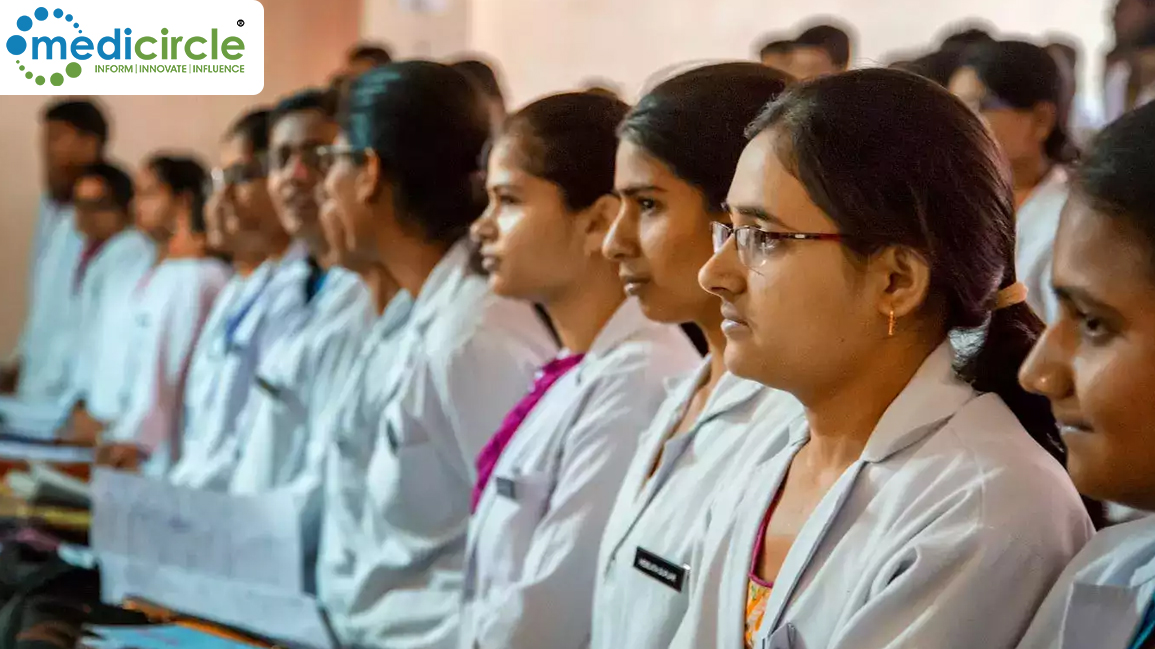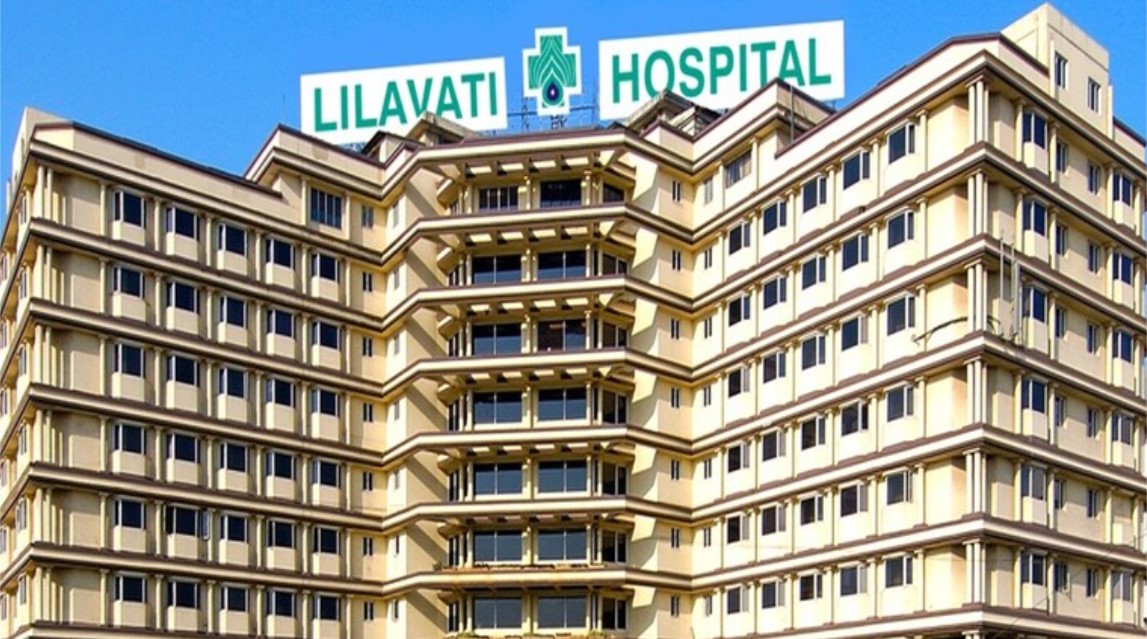In an unprecedented move, the Indian central government has reserved four MBBS seats for the academic year 2024-25 specifically for families affected by terrorism. This initiative aims to support spouses and children of civilian victims who have been impacted by acts of terrorism, providing them with educational opportunities in the field of medicine. The decision reflects a broader commitment to help rebuild lives shattered by violence, fostering resilience through education.
A Unique Initiative for Families Affected by Terrorism: The Ministry of Home Affairs (MHA) has outlined this plan, following the original decision made by the Ministry of Health and Family Welfare. The announcement was formally communicated on August 23, 2024, to all state chief secretaries and Union Territory administrations. This reservation of medical seats represents a significant gesture of solidarity and support for those whose lives have been disrupted by terrorism.
The move showcases the government’s recognition of the profound impact terrorism has on the lives of innocent civilians, particularly in conflict-ridden areas. By offering access to medical education, the initiative not only helps in the rehabilitation of affected families but also contributes to the nation’s healthcare sector by encouraging those who have endured hardships to pursue a meaningful and impactful career.
The reserved seats have been distributed across three prominent medical institutions in India, ensuring geographic diversity and access to quality education. The institutions selected for this special initiative are:
1. AN Magadh Medical College in Gaya, Bihar
2. Grant Medical College in Mumbai, Maharashtra
3. Pt. JNM Medical College in Raipur, Chhattisgarh
Of the four seats, Pt. JNM Medical College has been allocated two seats, further emphasizing the importance of supporting students in regions that have faced significant challenges related to terrorism.
The eligibility criteria for these reserved seats align with the standard MBBS admission requirements, ensuring that the process remains merit-based while also considering the unique circumstances of the applicants. Candidates must meet the following conditions to be considered:
- Age Requirement: Candidates must be at least 17 years old by December 31 of the admission year.
- Nationality: Only Indian nationals are eligible.
- Academic Qualifications: Candidates must have passed Physics, Chemistry, Biology (or Bio-Technology), and English individually, with a minimum of 50% marks in aggregate. For candidates belonging to SC/ST/OBC categories, the requirement is 40% marks, and for persons with disabilities, it is 45% for general candidates and 40% for SC/ST/OBC candidates.
In addition to these academic requirements, candidates must also meet the minimum percentile score in the National Eligibility cum Entrance Test (NEET) for 2024. General category candidates must obtain at least the 50th percentile, while SC/ST/OBC candidates need to score at least the 40th percentile. Candidates with disabilities must achieve at least the 45th percentile.
A Fair and Compassionate Prioritization Process: Recognizing the varying degrees of hardship experienced by different families affected by terrorism, the MHA has established a priority system for allocating the reserved seats. This system is designed to ensure that those most severely impacted receive the support they need.
The prioritization is as follows:
1. Children Who Have Lost Both Parents to Terrorism: These children are given the highest priority, as they have endured the ultimate loss and face the greatest challenges in rebuilding their lives.
2. Families That Have Lost Their Sole Breadwinner: Next in line are the children of families where the primary source of income was lost due to terrorism, leaving them in a vulnerable economic position.
3. Wards of Victims with Permanent Disabilities or Serious Injuries: These candidates also receive high consideration, as they are part of families that continue to grapple with the long-term consequences of terrorist violence.
Application Process and Deadlines: Interested candidates must submit their applications to the Counter Terrorism and Counter Radicalisation (CTCR) division of the MHA. The application process requires the submission of all necessary documents, which must be attested by the respective state or Union Territory Home Department. The deadline for submitting applications is September 17, 2024. The ministry has emphasized that no extensions will be granted, highlighting the importance of adhering to the set timeline.
This streamlined process ensures that deserving candidates can apply for these opportunities without unnecessary delays or complications, enabling them to focus on their academic future.
Education as a Tool for Empowerment: By reserving MBBS seats for families affected by terrorism, the central government is not only providing educational opportunities but also recognizing the transformative power of education in rebuilding lives. Access to medical education can empower individuals who have faced adversity to become agents of change within their communities, contributing to the nation’s healthcare system and fostering resilience.
The initiative also sends a powerful message about the role of the state in supporting those affected by terrorism. It acknowledges that while no amount of assistance can fully erase the trauma of such events, providing access to education can offer a pathway to recovery and a brighter future.
Broader Implications for Healthcare and Society: The decision to reserve medical seats for victims of terrorism reflects a broader understanding of the role healthcare professionals play in society. By enabling individuals from affected backgrounds to pursue careers in medicine, the initiative fosters a healthcare system that is not only skilled but also deeply compassionate and empathetic. These future doctors will bring a unique perspective to their work, having personally experienced the impacts of violence and the importance of healing.
Moreover, this initiative highlights the importance of integrating social justice into educational policies. By reserving seats for those affected by terrorism, the government is taking a step toward addressing the social and economic inequalities that often result from such acts of violence. This approach aligns with global efforts to use education as a tool for empowerment and social change.
The decision is a commendable step toward supporting those who have been profoundly impacted by violence. It offers a pathway to education and empowerment, ensuring that the victims of terrorism are not forgotten but are instead given opportunities to rebuild their lives and contribute to society in meaningful ways.
As the application process unfolds, it is crucial for eligible candidates to seize this opportunity and for the government to continue publicizing and supporting this initiative. By doing so, the program can achieve its full potential, helping to heal the wounds of terrorism through the transformative power of education.
This initiative serves as a reminder of the resilience of the human spirit and the role that education can play in overcoming even the most difficult circumstances. By reserving these medical seats, the government is not only supporting individual families but also strengthening the nation’s commitment to justice, equality, and progress.























.jpeg)










.jpg)
.jpeg)